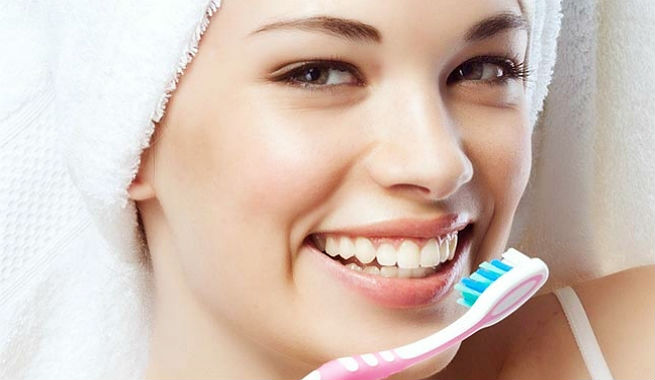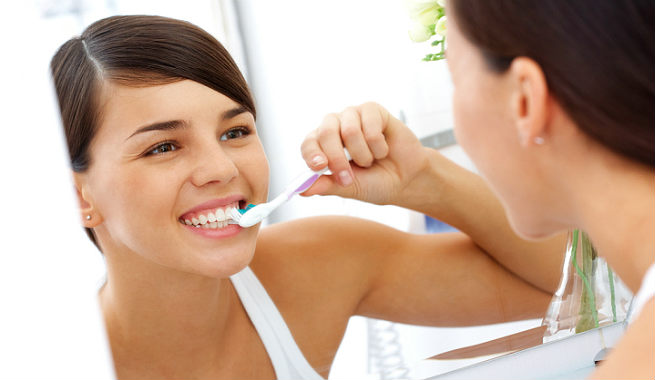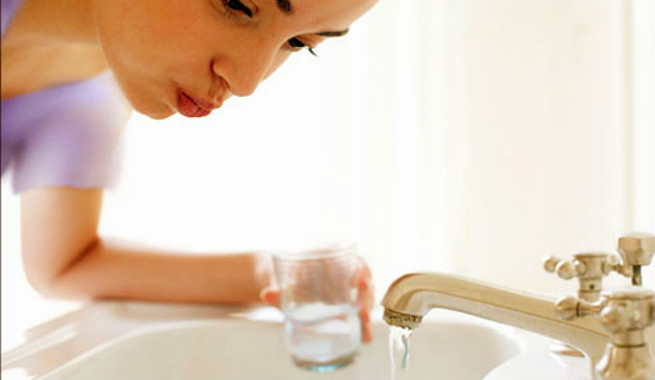Brushing is indispensable for gum and teeth care, with a consensus among experts for twice-daily practice – morning and night. However, the dilemma arises: should one brush before or after meals? While some experts advocate pre-meal brushing to aid oral health, others stress the post-meal routine is crucial. The debate prompts a closer look.
Why Brush Before Meals?
In the morning, you always need to brush before your meals. Starting your day with brushing is known to have immense positive effects on oral hygiene. Here, we are telling you why you must brush your teeth before gorging on your yummy breakfast foods: (1) (2)
When we eat or drink sugar, the oral bacteria metabolize it immediately into acids, creating a biofilm inside our mouth cavity. As our salivary flow goes down at night, this bacterial biofilm grows and prepares to work on more sugars in the morning. If we do not clear this out before breakfast, the bacteria will soak up more sugars and produce more acids, causing severe oral cavities. It has also been proved that calcium levels become the lowest in our saliva in the morning than at any other time. It makes our teeth more prone to demineralization or acidic damage.
But suppose we brush before eating or drinking anything in the morning. In that case, our salivary flow returns to normal, and the fluoride content of the toothpaste acts as a buffer for our teeth, thereby protecting them from demineralization throughout the day.
Why Brush After Meals?
Be it bedtime or any other part of the day, excluding morning; it is always good to brush your teeth after having the meals. The most straightforward logic behind it is that removing food particles stuck between the teeth right after eating can prevent bacteria build-up, resulting in fewer cavities. But if you want to go deeper into the facts, read below:
As said earlier, sugary food substances (especially those that are liquid or sticky by nature) are metabolized into acids by oral bacteria as soon as they are introduced into the mouth. Many other cariogenic substances, which are also pretty much acidic, are present in our foods. Therefore, when we consume such things, the overall pH of our mouth drops significantly (it can go down up to 2.5 from the standard level, i.e., 7). Moreover, it won’t become normal anywhere soon. This softens our teeth’ hard enamel part through demineralization and weakens them. Experts have shown that most of us start experiencing the demineralization of teeth as soon as the pH of our mouth hits 5.5. Hence, too much acid makes our teeth highly vulnerable to decay.
However, brushing your teeth right after meals is not recommended as it may accelerate the process of acidic damage and endanger your teeth even more. As oral pH takes time to recover fully, brushing immediately after eating or drinking can lead to toothbrush abrasion and acute teeth sensitivity. So, how can you counterbalance the effects of bacteria and food acids?
Please wait for 30 minutes to 60 minutes after your teeth are exposed to acids, then brush them with a good fluoride toothpaste. The mentioned period will bring the pH of your mouth cavity down to normal, and the soft enamel of your teeth will turn harder once again. As a result, you will not amplify oral damage anymore. If you want instant relief, gently clean your mouth with an antibacterial mouthwash right after meals.
A few Important Tips to Remember
Now, here are some essential points that you must remember to ensure the maximum health and protection of your teeth and gum:
- You can try a toothpaste free of sodium lauryl sulfate (SLS) if the taste of your regular paste irritates you.
- Dry or wet brushing simply with a toothbrush can be enough to clean your teeth and gum, but it will not introduce fluoride in your mouth.
- Do not take more than a dime-sized amount of toothpaste for each application.
Summary
Brushing is essential for oral care, but the timing can be crucial. In the morning, brushing before breakfast is recommended to clear bacterial biofilm and protect teeth from demineralization. After meals, especially with acidic or sugary foods, wait 30-60 minutes to allow oral pH recovery before brushing. Immediate brushing may lead to toothbrush abrasion. Use fluoride toothpaste and consider an SLS-free option if needed. Dry or wet brushing is effective, but be cautious with toothpaste amounts, and post-meal mouthwash can provide instant relief.



